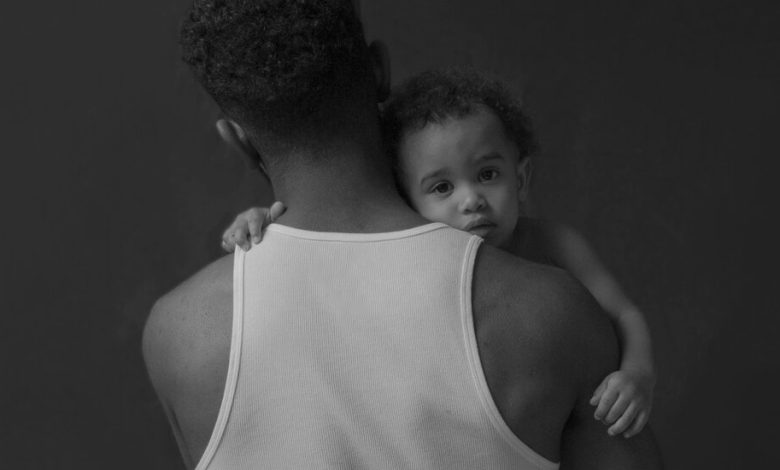Dad Brain Is Real, and It’s a Good Thing

A father of three recently told me that if he could go back in time and give himself one piece of advice, it would be to have kids sooner. Fatherhood changed him; it gave his life purpose, he said. It turns out neuroscience agrees with him.
My research lab investigates how the brain changes when men become fathers, and we are discovering that fatherhood can be transformative for their brains and bodies. The brain and hormonal changes we observe in new dads tell us that nature intended men to participate in child-rearing, because it equipped them with neurobiological architecture to do so. They too can show the fundamental instinct for nurturing that’s often attributed solely to mothers.
Not only that, but men’s involvement in fatherhood can have long-term benefits for their brain health — and for healthy societies. At a time when boys and men seem to be experiencing greater social isolation and declining occupational prospects, the role of father can provide a meaningful source of identity. But the transition to fatherhood can also be a time of vulnerability, which is why supporting fathers should be a priority for policymakers.
In a 2022 study, my colleagues and I collaborated with researchers in Spain to gather brain scans of a small number of first-time fathers before and after their babies were born. Our results echoed studies of mothers done by some of the same researchers. In several landmark studies, they found that as women became mothers, their brains lost volume in gray matter, the layer of brain tissue rich with neurons, in regions across the brain, including those responsible for social and emotional processing.
Although a shrinking brain sounds like bad news, less can be more: These changes might fine-tune the brain to work more efficiently. The teenage brain also trims down its gray matter as it develops. Women who lost more brain volume showed stronger attachment to their infants after birth, indicating that the shrinkage promoted bonding.
Our findings for fathers were similar. Men also lost gray matter volume in new fatherhood, in some of the same regions that changed in women. But volume reductions for dads were less pronounced. The findings for mothers had been so striking that a machine-learning algorithm could tell mothers and nonmothers apart by their brain scans alone. The picture was noisier for fathers. My hunch is that men’s brain changes looked less clear-cut because fathers vary so much in their levels of engagement in parenting.